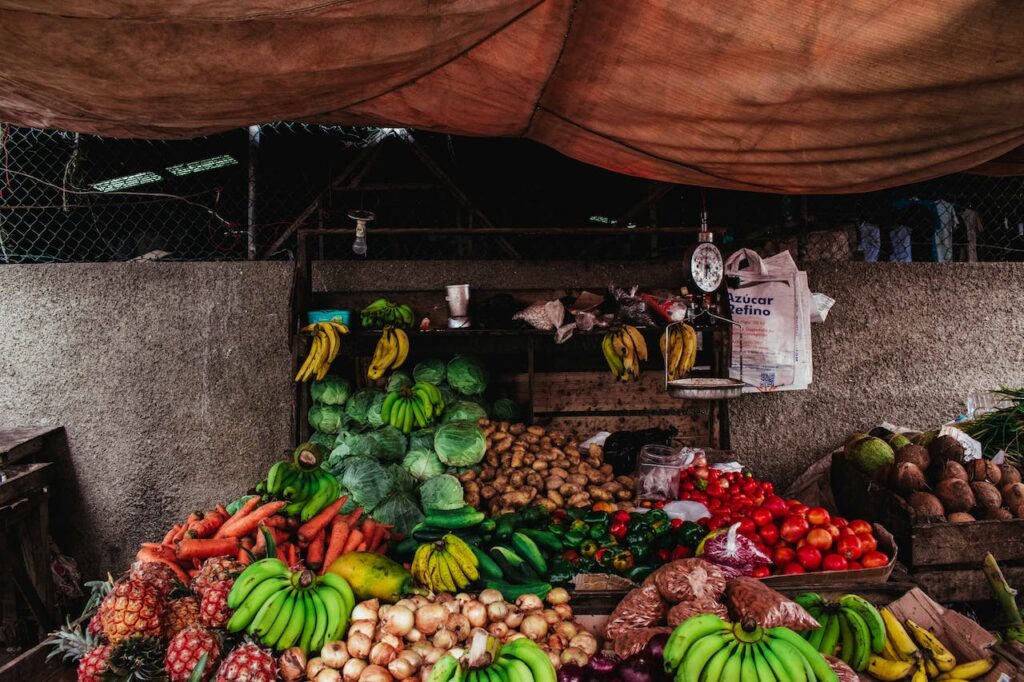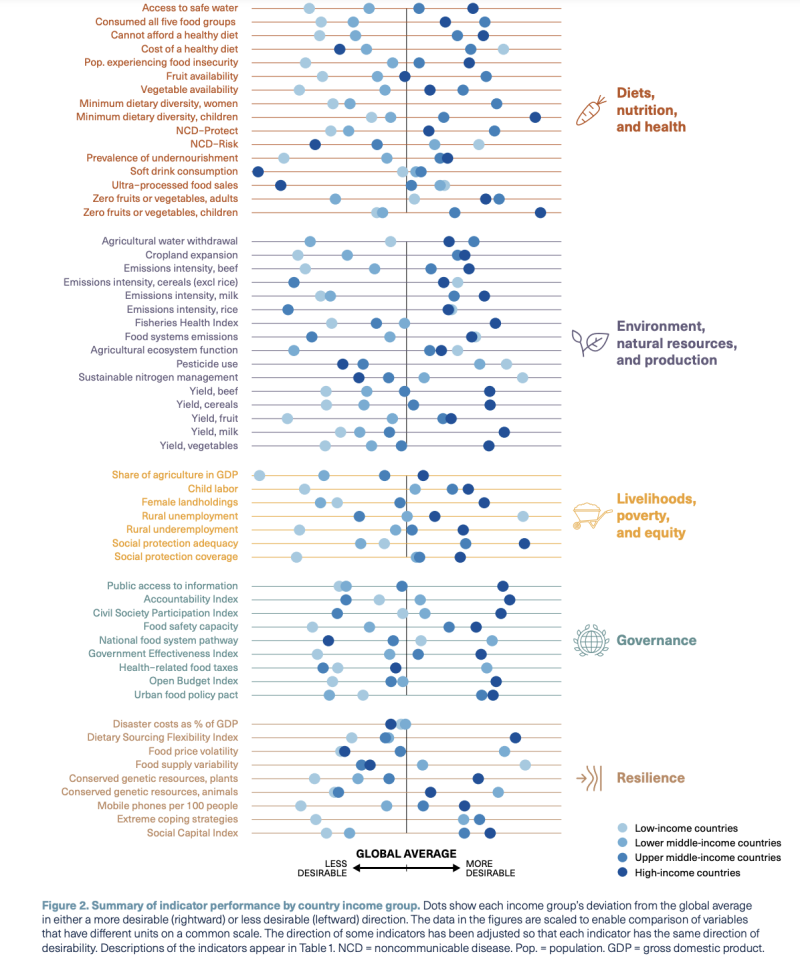We all have a common goal on the Countdown intiative- transforming food systems. But, how can we determine if we have succeeded in achieving our goals without measuring our progress? The importance of measuring change cannot be overstated. The Countdown initiative is a comprehensive and rigorous programme available for assessing and monitoring food system change. Although there is room for improvement, ongoing efforts exist to enhance data collection, improve indicators, and unveil new plans to achieve the goals.
We have reached the midway point of the 2030 agenda, and there are serious concerns regarding the progress made towards achieving the Sustainable Development Goals (SDGs). The consensus is that we must ramp up efforts to catch up, with only 15% of the targets on track to be accomplished by 2030.
Transforming our food systems is crucial to reversing the trends undermining our ability to achieve our collective goals. Nevertheless, it is important to establish a a clear direction and invest in measuring our progress towards it.
The Food Systems Countdown Initiative (FSCI), which emerged from the UN Food System Summit, developed robust and independent indicators and science-based approaches to close the data gap and track food system transformation. Measuring progress is critical to countries seeking to monitor implementation against their national pathways, enabling them to correct and use resources most effectively and efficiently.
The Initiative emphasizes the need for strong collaborations between the public and private sectors, from smallholder farmers to policymakers and multinational private entities. It advocates for a comprehensive, whole-of-society approach to generate solutions and effectively transform food systems. It highlights the growing partnership between the Food Systems Countdown Initiative and the UN Food Systems Coordination Hub, focusing on supporting national efforts to measure and improve food system transformation. The collaboration aims to provide a comprehensive report to monitor the transformation of global food systems through relevant data, independent of any established monitoring processes, as the international community moves towards the Summit of the Future and the 2025 UNFSS+4. The FSCI aims to release an annual report until 2030 to measure and monitor progress and advance the transformation process.
The Countdown Initiative offers a menu of indicators that can serve as a reference point, emphasizing the significance of systematically creating baseline data to track progress. In essence, the initiative provides a significant step forward in understanding and transforming global food systems.
After a meticulous two-year process initiated back in 2021, the journey began with the identification of major themes, each representing a bold headline area, and the subsequent delineation of subcomponents within those themes: diets, nutrition, and health; environment, production, and natural resources; livelihoods, poverty, and equity; governance; and resilience. Over the past two years, authors engaged in a rigorous and inclusive process to select indicators within each domain, including input from nearly 60 collaborating scientists, outreach to additional experts, and consultations with over 500 policy stakeholders globally. The aim was to ensure that the chosen indicators were feasible to measure and provided meaningful insights into the complexities of food systems across at least 70 countries. The final list of 50 indicators reflects initial considerations and the invaluable input received during the consultative process, highlighting the importance of inclusivity in capturing diverse perspectives.

